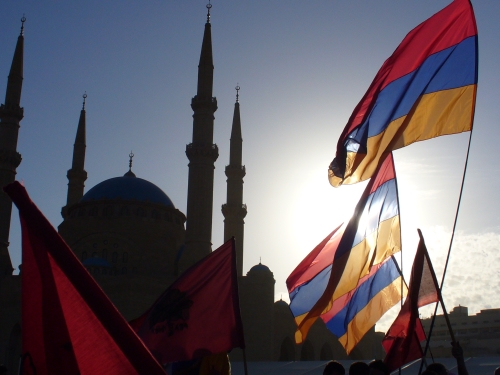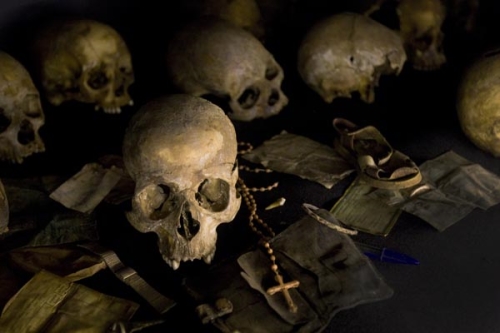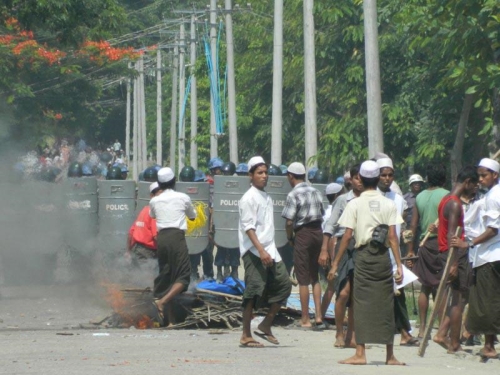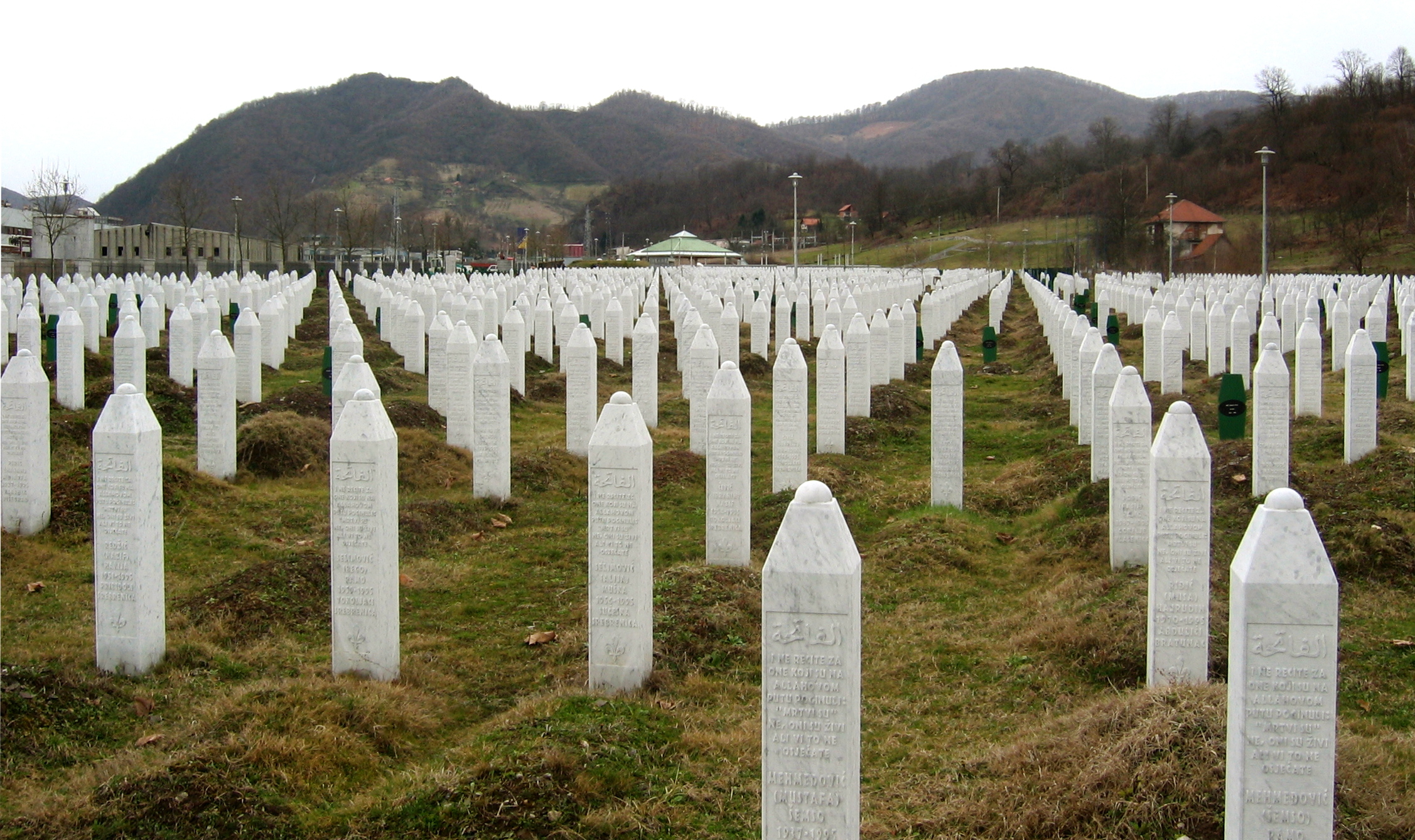
This article was originally published by EurasiaNet on 14 April 2015.
The 100th anniversary [on April 24th] of the Medz Yeghern, or the “Great Catastrophe,” [has] highlight[ed] the mixed feelings that Turkey’s tiny ethnic Armenian minority has for President Recep Tayyip Erdoğan’s administration.
On April 24, Armenians around the world [marked] the World-War-I-era deaths of hundreds of thousands ethnic Armenians in Ottoman-era Turkey. It is a tragedy that for many historians and analysts constitutes an act of genocide.
Turkey denies the claim of genocide. On April 12, Ankara withdrew its ambassador from the Vatican after Pope Francis termed the massacre “the first genocide of the 20th century.”




